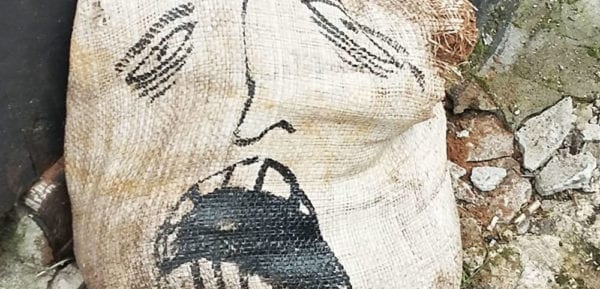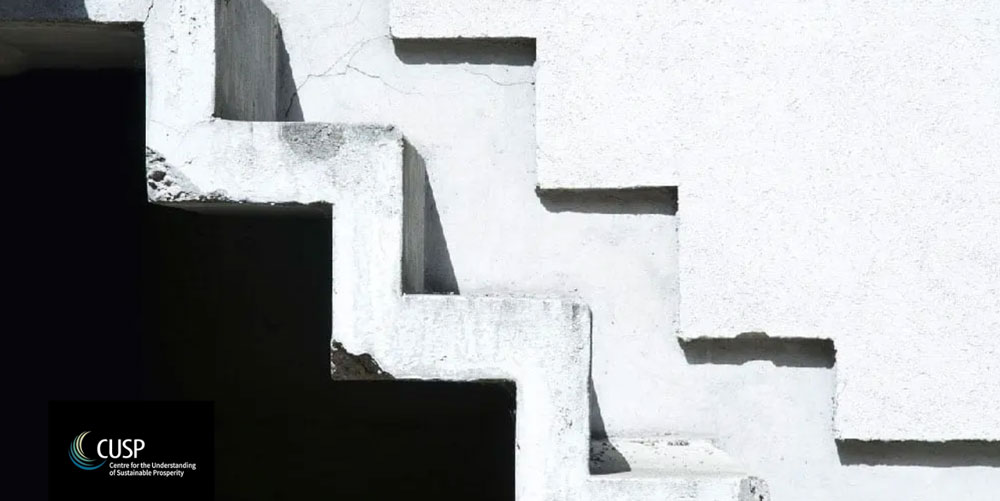Creative Economy, Critical Perspectives
Cultural Trends Special Issue edited by Kate Oakley and Jon Ward
November 2018
CUSP co-investigator Kate Oakley and former research fellow Jonathan Ward are guest editors of a special edition of Cultural Trends. In exploring how the idea of the creative economy persists since the 1980s, papers engage with the topic on a social, political, economic and/or organisational level.

From the late 1980s the creative economy became paradigmatic in cultural policy, achieving the status of a powerful global discourse across a range of domainsAt the same time, the discourse and policy prescriptions that often flow from it have been widely critiqued by academics and often resisted by those in the arts and cultural industries. The association of the creative economy with gentrification and rising property prices, with exploitative working conditions and enhanced inequalities, has migrated from academia and activist circles to policymakers and the media. In some cases – particularly larger/more prominent urban centres – the fashion for such activity has been diminished by its overexposure, questionable returns on investment, political reorganisation and the economic hardships imposed by the financial crisis.
Yet the creative economy has persisted. In the UK the Arts and Humanities Research Council (AHRC) have just launched a large programme committed to a “creative revolution”, supported by tie-ups between universities and corporations, which is part of economic policymaking in a variety of national contexts and in bodies such as the EU and the UN. Meanwhile, the increasing prominence of craft production and alternative models of working and funding has reinvigorated debates around the creative economy, highlighting continuities while also prompting a reassessment of its organisation, practices and politics.
In this Special Issue, some thirty years after John Myerscough asserted The Economic Importance of the Arts in Britain (1988) Kate Oakley, Jon Ward and colleagues explore the ways in which the idea of creative economy might be rethought. The rationale for the creative economy, underpinned by Myerscough’s work, has reached its limits. Faced with critical environmental concerns, and increasing demands for justice in the ways we produce, consume and experience culture, it is vital that we now explore possible critical paths for its future… Continue reading on tandfonline.com
Links
Editorial (Open Access)
Creative Economy, Critical Perspectives
Kate Oakley & Jonathan Ward
Article
Craft entrepreneurialism and sustainable scale: resistance to and disavowal of the creative industries as champions of capitalist growth
Susan Luckman
Article
Contributing to the creative economy imaginary: universities and the creative sector
Simon Moreton
Article
Oscillate wildly: the under-acknowledged prevalence, predictors, and outcomes of multi-disciplinary arts practice
Alexandre Frenette, Nathan D. Martin & Steven J. Tepper
Article
When the dead rise: encountering resistant legacies of creative economy within an artist’s residency at a municipal cemetery
Michael Lithgow & Karen Wall
Article (Open Access)
Creative economies of tomorrow? Limits to growth and the uncertain future
Mark Banks
The full edition of Cultural Trends can be accessed on the Taylor and Francis Online website. For enquiries, please get in touch with Jon Ward.



